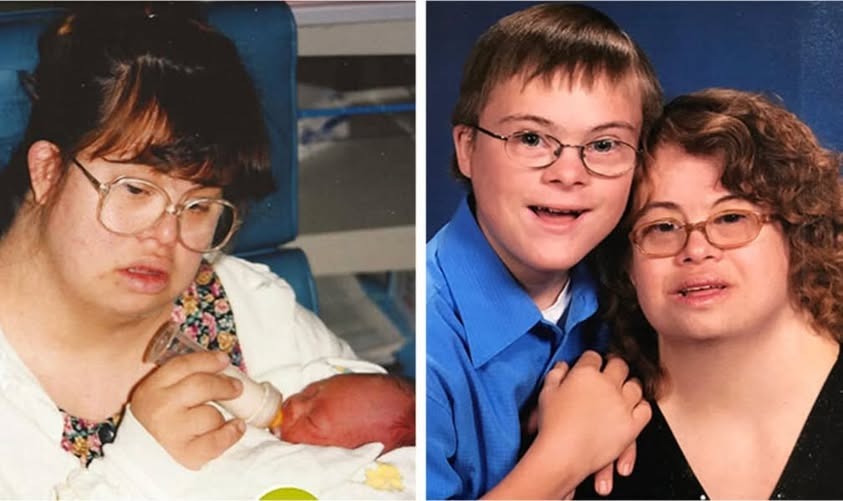
Most of us know what it’s like to be on the receiving end of unsolicited opinions—especially when it comes to the topic of having kids.
There’s an unspoken expectation in our culture: build a career, find a partner, get married, and have children. So when couples choose a different path—especially deciding not to have children—they often find themselves having to defend that decision. And people can be surprisingly intrusive, asking deeply personal questions that really aren’t anyone’s business.
These questions can be uncomfortable, even hurtful, especially when they center around why someone hasn’t chosen parenthood. For some reason, society tends to label child-free individuals as selfish. Yet, when people who are seen as “different” express the desire to raise a family, suddenly that same judgment shifts.
More than two decades ago, Patti White from California found herself on the receiving end of a life-changing phone call—one that brought both excitement and concern. Her daughter, Lisa, had just told her she was pregnant.
Lisa has Down syndrome, a genetic condition that affects physical and intellectual development to varying degrees. But what many don’t realize is that many people with Down syndrome live full, independent lives. They hold jobs, manage homes, and maintain relationships—just like anyone else.
That said, it’s quite rare for two people with Down syndrome to conceive a child. In fact, it’s especially uncommon for a man with the condition to father a child. So when Lisa shared her news, Patti was shocked—but unwavering in her support.
At 29, Lisa was living independently in her own apartment and working full-time at a local Goodwill store. She had been on her own since she was 18.
“She got along with everyone,” Patti told Voice in a 2016 interview. “She could do everything except run the cash register. She loved working there, and they loved her.”
Lisa was also in a relationship with a man who also had Down syndrome. Although they lived separately, they were committed and had a healthy adult relationship. Patti says they openly discussed topics like birth control and safe sex.
“At the time, all the literature said men with Down syndrome were sterile,” Patti said. “We were told not to worry about pregnancy—it just wasn’t possible.”
But life doesn’t always follow the script.
One afternoon, after returning from lunch at work, Patti checked her voicemail. What she heard was her daughter’s excited voice:
“Hi Mom, I just wanted you to know… you’re going to be a GRANDMOTHER!”
Patti remembers her mind spinning. “How could this happen? Her boyfriend has Down syndrome!”
Yet, despite the surprise—and all the challenges that lay ahead—Patti stood by Lisa’s side, ready to welcome the next chapter with love and courage.





